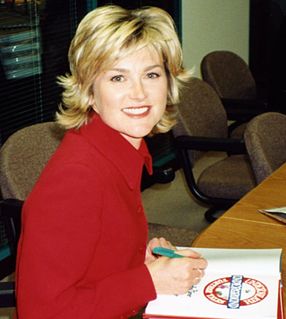A Quote by James Surowiecki
If private-equity firms are as good at remaking companies as they claim, they don't need tax loopholes to make money.
Related Quotes
Being a good private equity investor is more complicated than it seems. I would say that there are a few characteristics that are important. If you look at the skill set that you need to ultimately be a successful private equity investor, at least at the senior level, you have to be, in this business, a good investor. You have to be able to help companies perform and you have to have judgment around exiting investments. If you look at the skill sets there, they include some things you can teach and some that you can't.
Fannie and Freddie made two-thirds of all subprime mortgages. That is not a free market institution. That entity, along with the Fed printing too much money back in '03 and '04, caused the housing collapse. So we need to take free markets seriously. That means we have to put an end to all these tax credits and tax deductions and loopholes.































